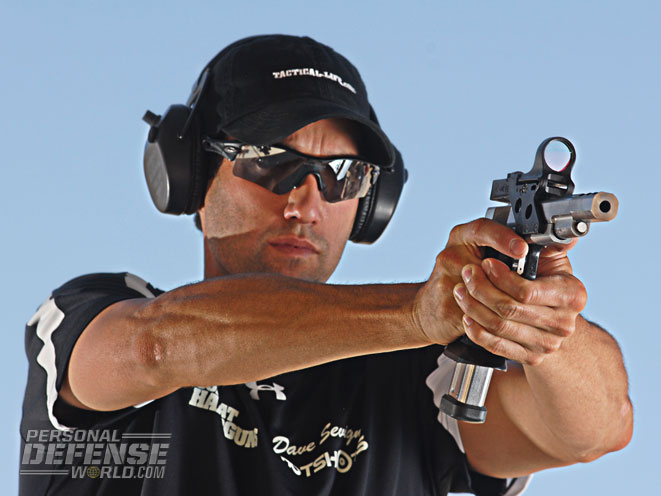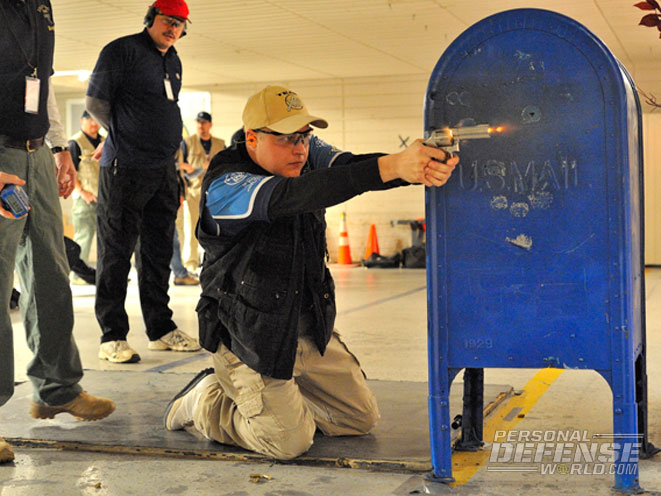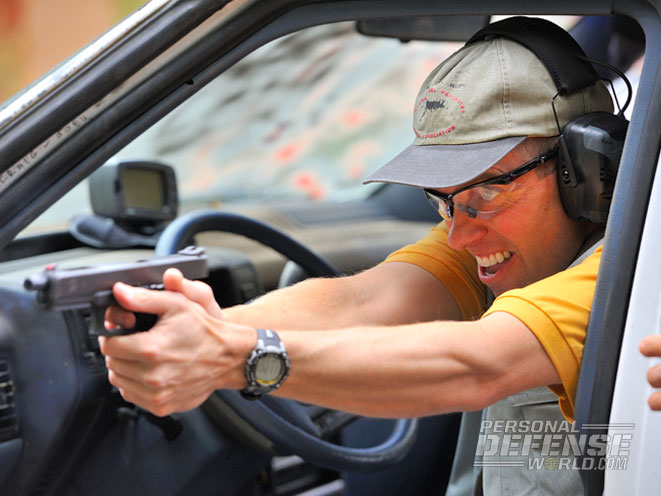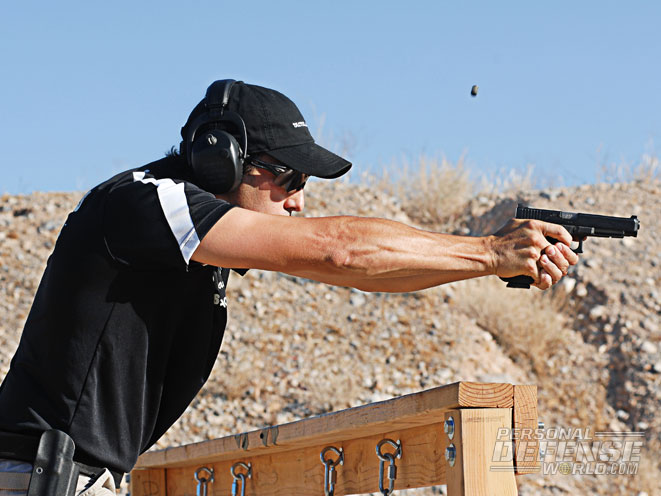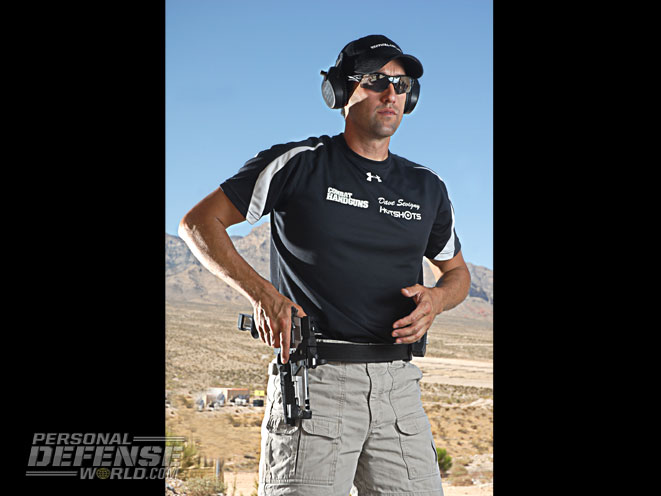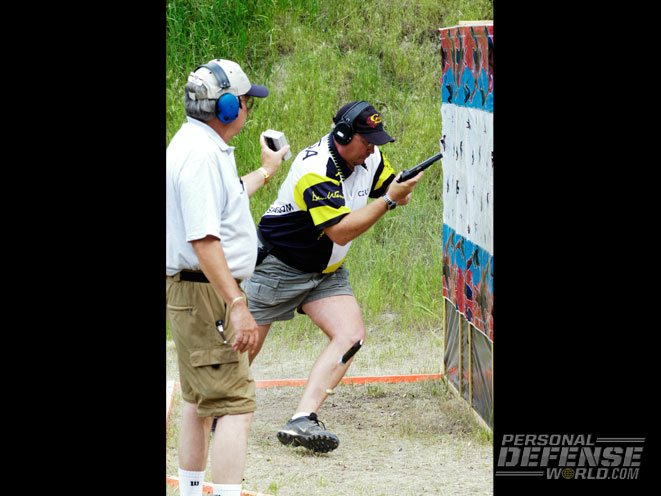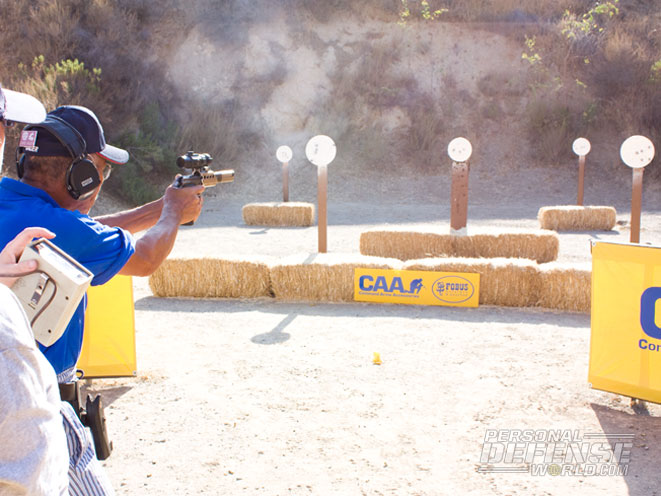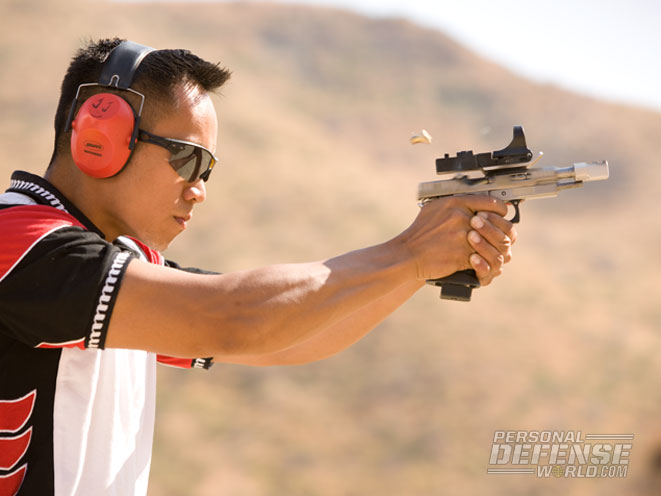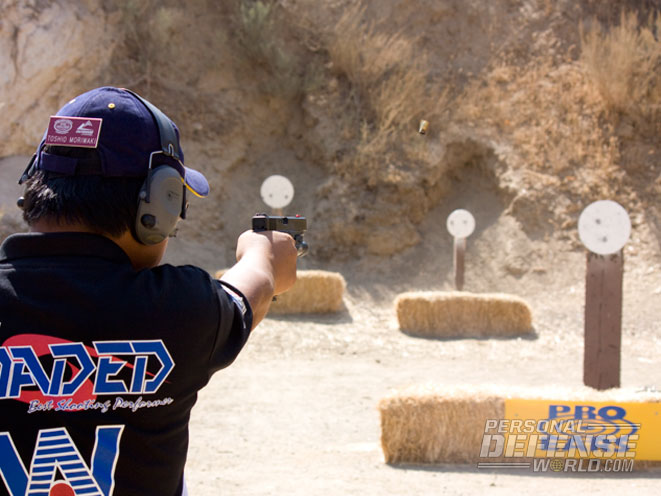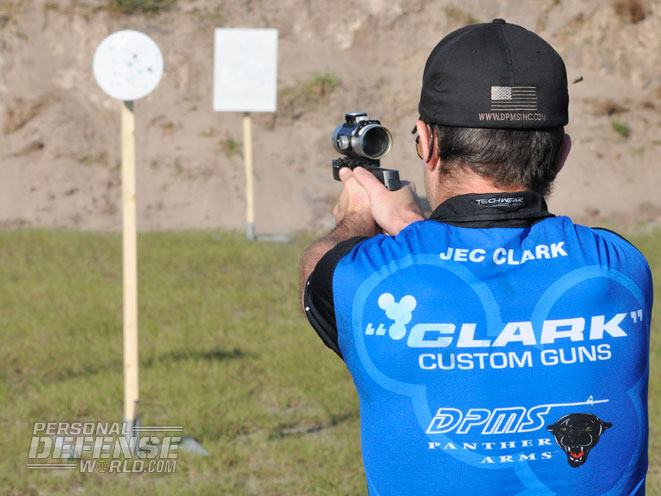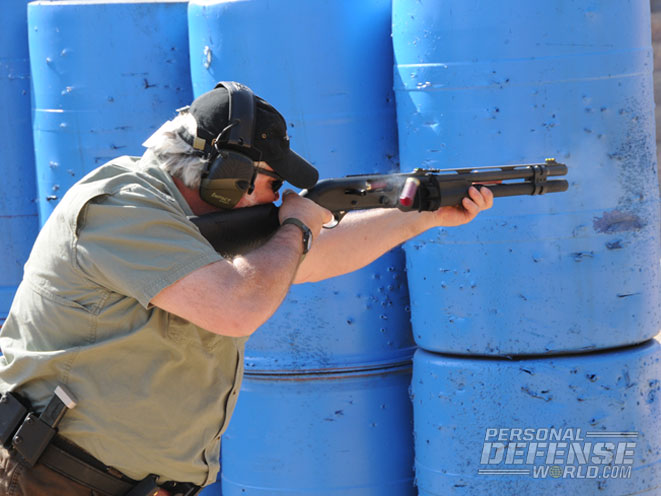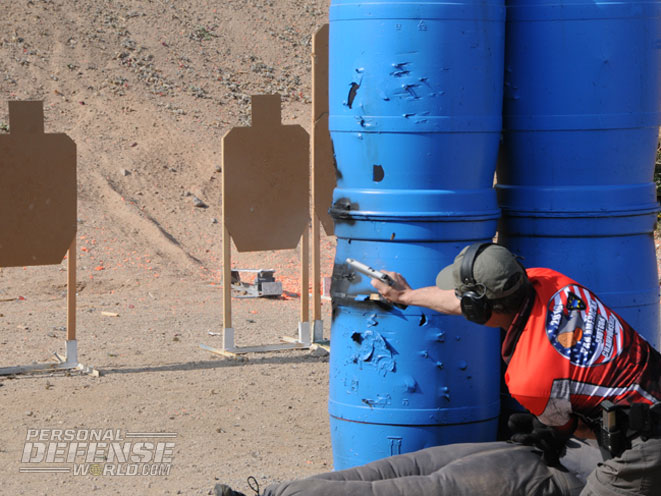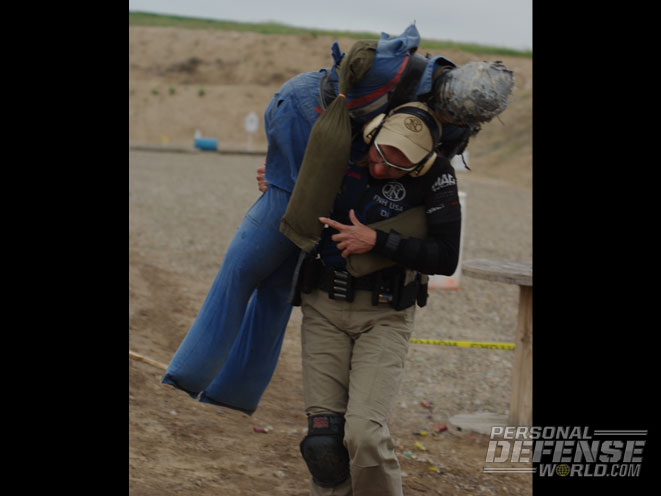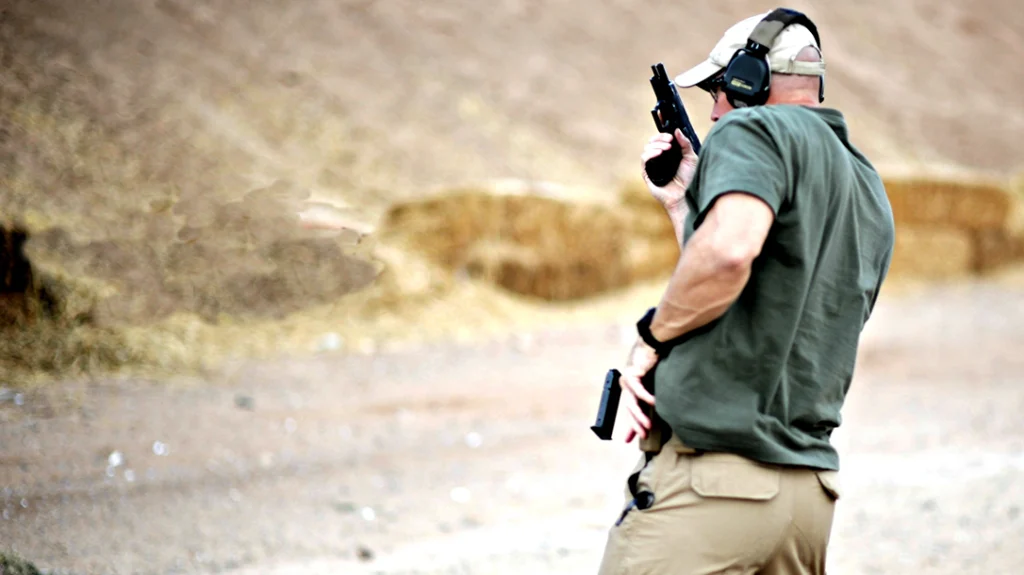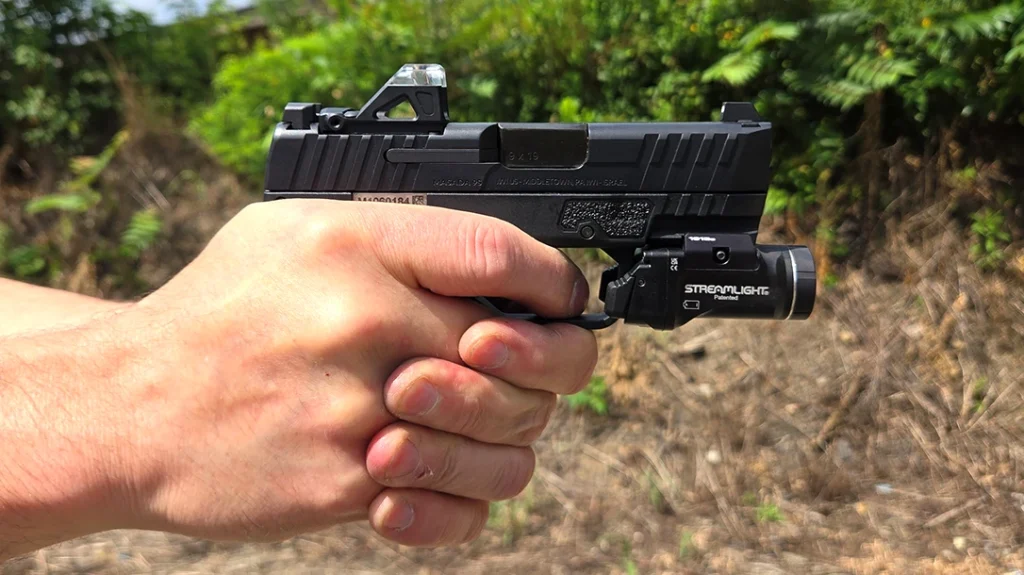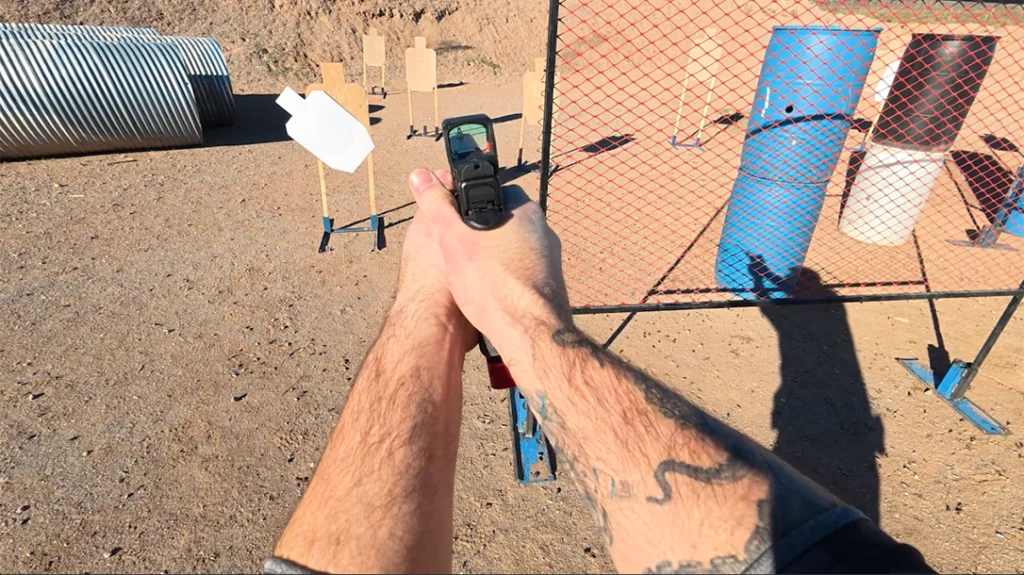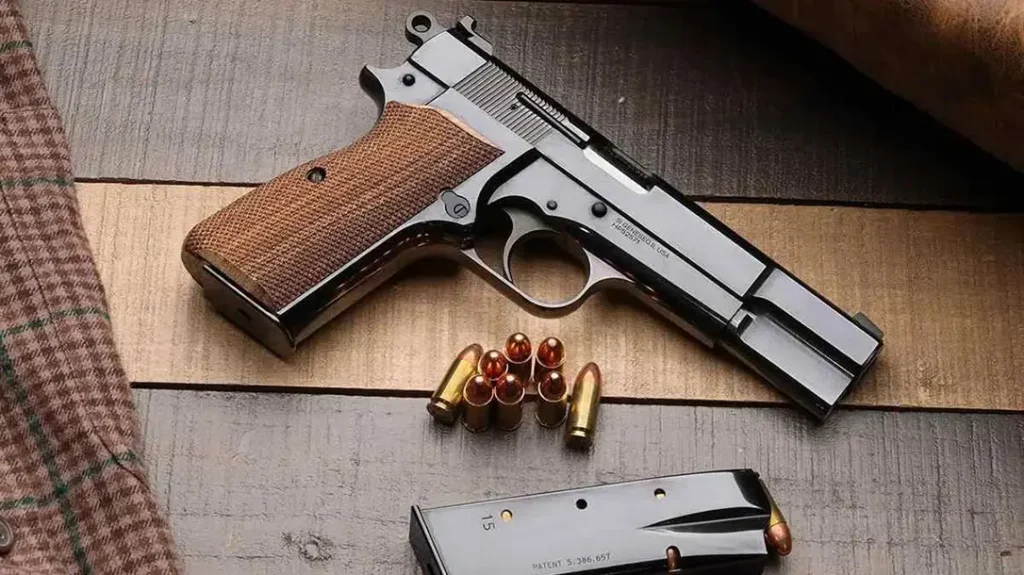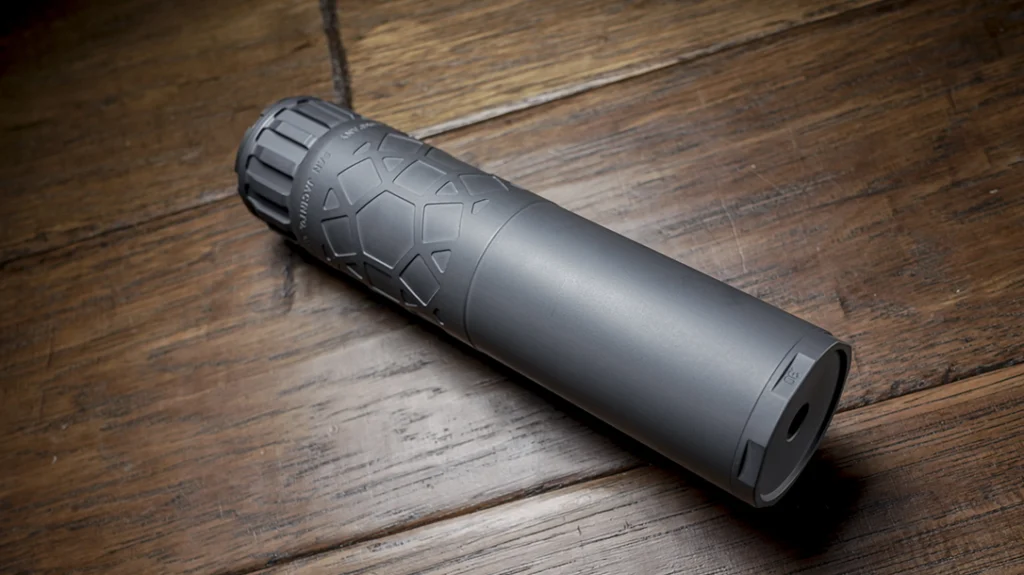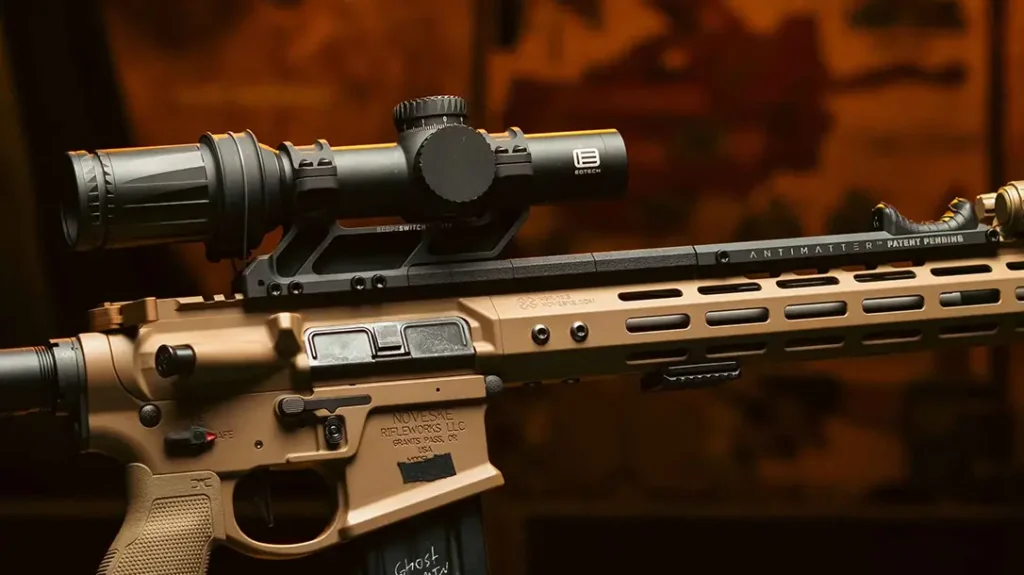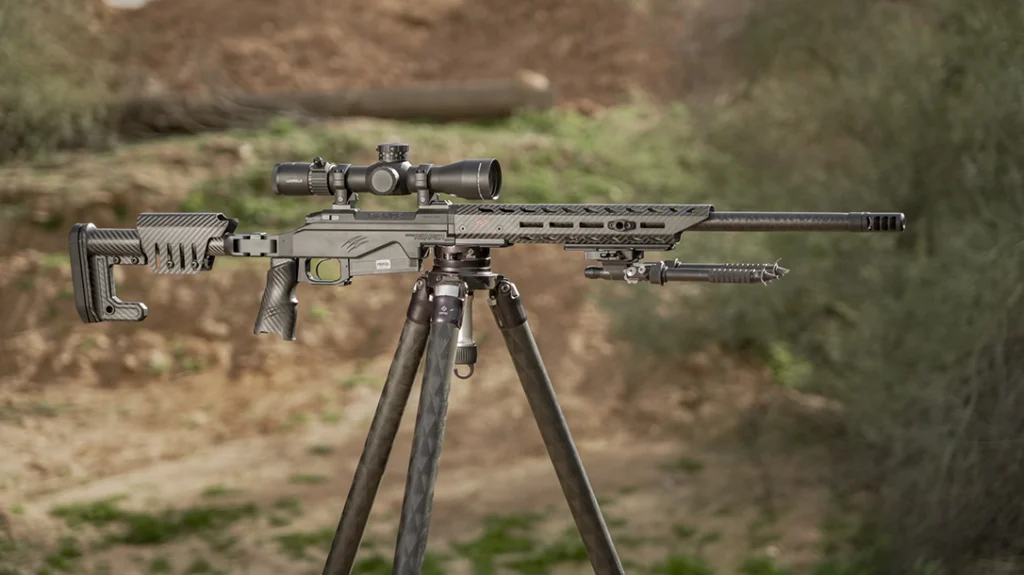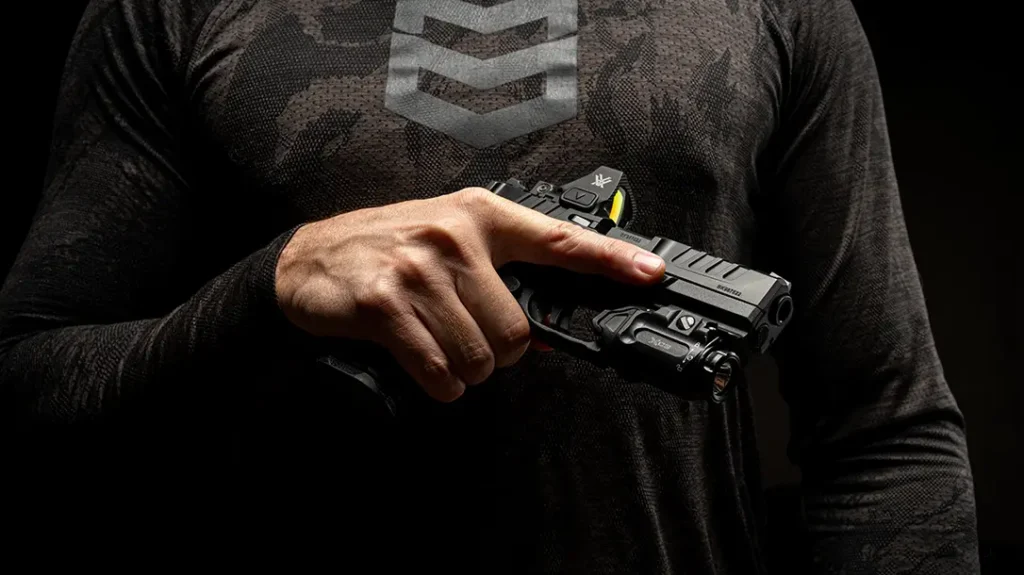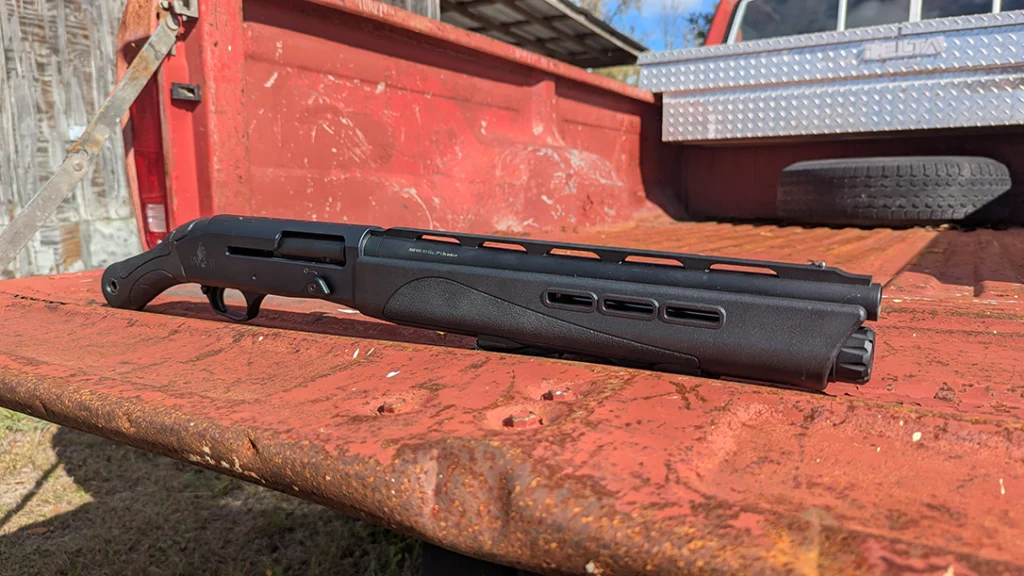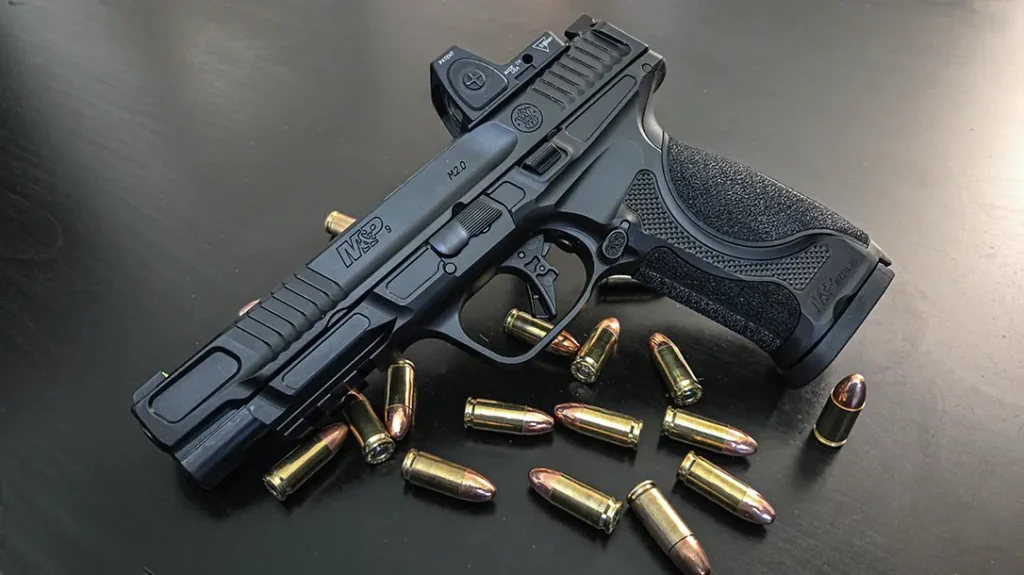Shootings skills are perishable. Without practice, you’ll lose them. So, whether you’re a new or experienced shooter, it’s important to train with your guns—and not just on the square range. Sure, it’s good to be able to hit a bullseye at a given distance when you have time to focus on the front sight and squeeze the trigger. But will you be ready to handle a real self-defense scenario?
Action shooting sports, like those offered by the IDPA, USPSA, etc., offer realistic scenarios that force you to move, think and react with your weapon as if you’re in a life-or-death situation. While the competitions are fun and you can win prizes, you’re also learning invaluable skills that can help protect you and your family. If you’re looking for a new venue to maximize your self-defense training, check out these shooting associations—an upcoming match will probably be within driving distance.
International Defensive Pistol Association (IDPA)
Advertisement — Continue Reading Below

IDPA matches are intended for you to compete with your everyday-carry or bedside handgun. Stages often require you to draw from beneath a concealment garment, and rules require you to utilize cover when available, reload behind cover, engage targets in “tactical priority” (based on their relative threat to you), etc. Along with the target arrangements and stage scenarios that depict real or simply realistic use-of-force situations, matches are designed to reinforce real-world defensive shooting skills.
RELATED: 5 Amazing Races in Competitive Shooting
* Required Gear: Out-of-the-box handgun
* Minimum Caliber: 9mm
* Maximum Capacity: 10 rounds per magazine
* Shots Per Stage: 6-31
* Shots Per Match: 80+
* Revolvers: Yes
* Race Guns: Yes
* Match Fee: $5-$20
Advertisement — Continue Reading Below
For more information, visit http://www.idpa.com or call 870-545-3886.
United States Practical Shooting Association (USPSA)
Advertisement — Continue Reading Below

USPSA matches generally present more targets—including more steel targets—and require many more rounds than IDPA matches. They also have slightly different rules. They focus less on defensive movement and use of concealment and cover, and more on the mental and marksmanship aspect of “solving the stage.” The skills tested and reinforced are directly applicable to real-world tactical marksmanship, though the sheer number of targets and the lack of restrictions on a shooter’s movement through a stage are decidedly oriented towards the gaming aspect of competition.
RELATED: Competition Q&A with Dave Sevigny
* Required Gear: Out-of-the-box or modified handgun
* Minimum Caliber: 9mm
* Shots Per Stage: 15-45+
* Shots Per Match: 120+
* Revolvers: Yes
* Race Guns: Yes
* Match Fee: $5-$20
Advertisement — Continue Reading Below
For more information, visit http://www.uspsa.org or call 360-855-2245.
Steel Challenge
Advertisement — Continue Reading Below

An offshoot of USPSA shooting, Steel Challenge presents shooters with a bank of five steel plates (rounds disintegrate or are directed into the ground when struck, for safety) that must each be hit once. Shooters fire five individual “strings” at each target bank from a static position, with the slowest of the strings thrown out before a total time is calculated. Expect to fire at four to six different target arrays in one competition. These matches test your ability to quickly hit multiple targets (which range from 10-inch circles to 18-by-24-inch plates) at close to moderate distances.
RELATED: Team GLOCK’s Fast-Shooting Ladies – Tori Nonaka & Michelle Viscusi
* Required Gear: Out-of-the-box handgun, modified handgun or carbine
* Minimum Caliber: 9mm
* Shots Per Stage: 25 minimum
* Shots Per Match: 100+
* Revolvers: Yes
* Race Guns: Yes
* Match Fee: $5-$20
Advertisement — Continue Reading Below
For more information, call 360-855-2245 or visit http://www.steelchallenge.com
Multi-Gun/3-Gun
Advertisement — Continue Reading Below

The most complicated—and expensive—of the tactical matches, 3-Gun is proportionately more fun for most shooters, too. Expect to be presented with 10 to 30 (or more) targets per stage, and to be challenged to “solve the course” with a combination of your rifle, pistol and shotgun. There are specific rules and safety procedures to learn, but they are intuitive. Expect your gear to get banged up a bit as you “dump” long guns into barrels as you transition between them, and expect to run in short sprints (if you’re so inclined).
* Pistol Required: Out-of-the-box or modified handgun
* Rifle/Carbine Required: Any (generally magazine-fed semi-autos)
* Shotgun Required: Pump or semi-auto
* Minimum Caliber: 9mm (handgun), 5.56mm (rifle), 20 gauge (shotgun)
* Shots Per Stage: 20-50+
* Shots Per Match: 175+
* Revolvers: Yes
* Race Guns: Yes
* Match Fee: $30-$40
